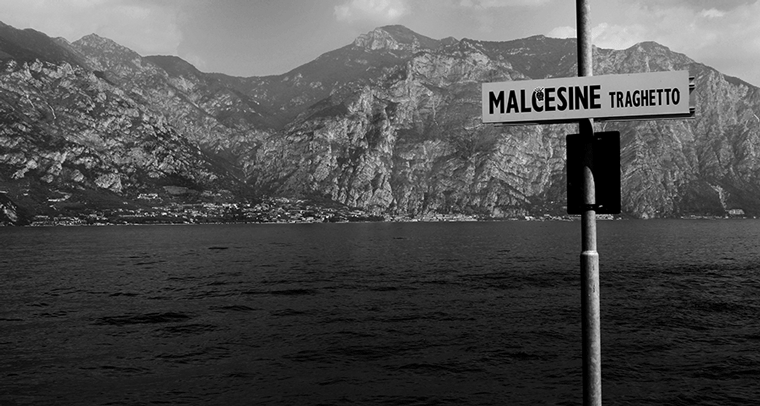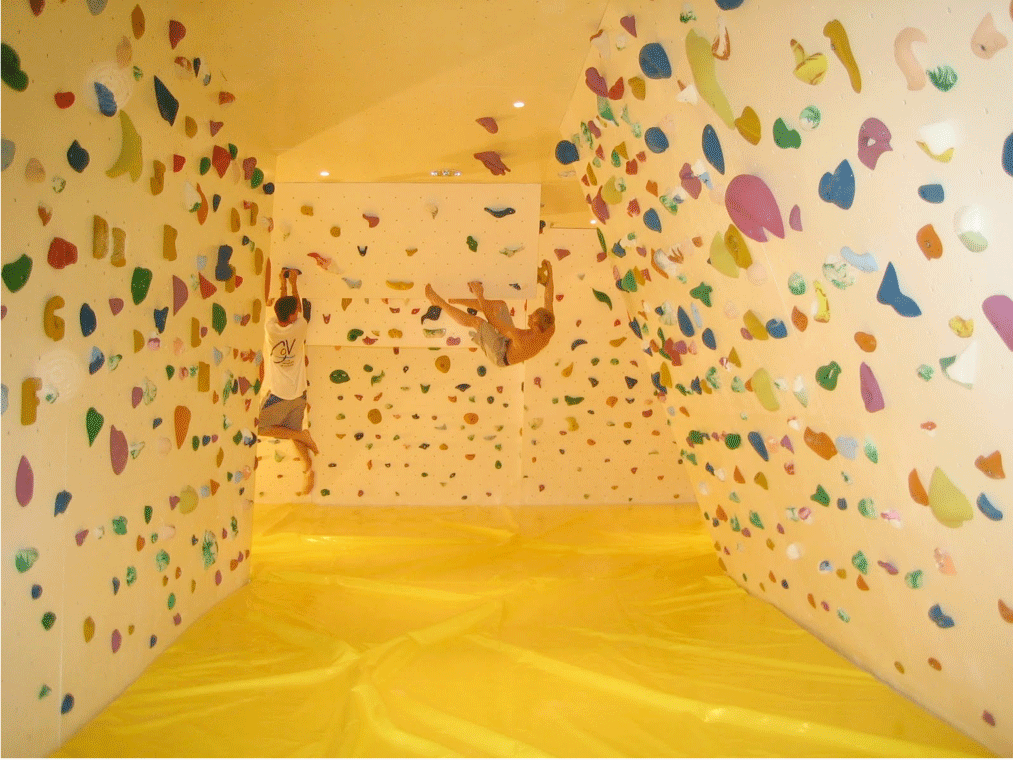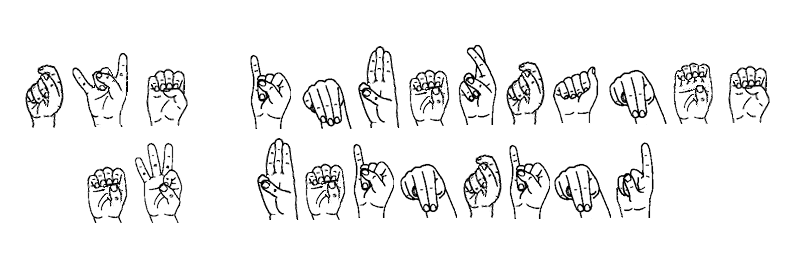-
Information architecture principles

Information architecture attempts to create spaces from ideas. We take mental models and try to build digital structures that formalise these thoughts. Sometimes it seems like we’re creating spaces which force users to adopt a specific perspective. From these fixed perspectives they can move around our sites and products. But really, we only ever provide…
-
Trajectories at the BBC – after two days*

Steve Benford describes Trajectories as offering a new way of thinking about the design of extended user experiences. I think the more ways we have to think about the design of experiences the better. Structured methods for interrogating the result of our designs forces us to move our focus from the design of objects to…
-
My experience design manifesto

My experience design manifesto is based on the idea of experiences being floopy, gloopy things suspended in the flowing stream of our lives. Picture life as a river, and imagine cleaning a paintbrush in it (which isn’t very environmentally friendly and the imaginary version of yourself should feel ashamed of being bullied into it by…
-
Linked data – a beginners guide
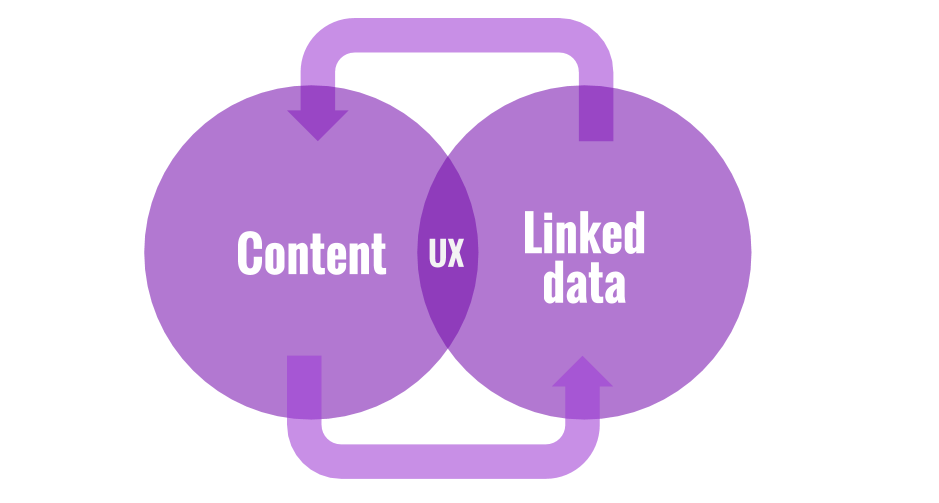
[blockquote]”Linked data is the superstructure over which content is stretched”[/blockquote] I said this once, but I didn’t really elaborate on this definition. I moved quickly onto the benefits of Linked data. In this post I’m going to try to go right back the basics and describe exactly what linked data is. So what is linked…
-
User experience architect or Information architect?
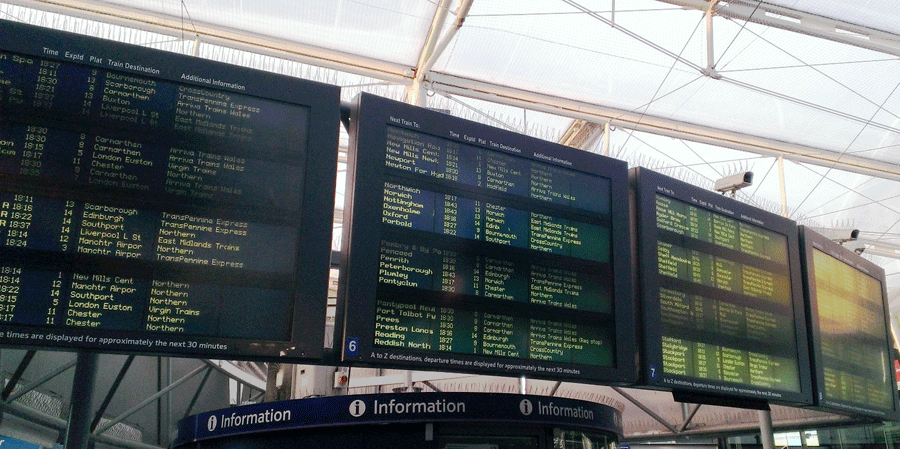
Something about me changed recently. My job title changed and I went from being an Information architect (IA) to being a User Experience architect (UXA). But what’s in a name? I think words matter. Good words become invisible, when the symbol so closely resembles the reality it stands for that translation becomes unconscious and things…
-
Heuristics isn’t a dirty word

Jargon annoys me. Especially when someone tries to “namify” a process in a way that seeks to own and obscure the method rather than reveal it. I’d love to find it funny and be flippant that professional practise gets obscured by jargon. But too often giving a name to a process implies that the thing…
-
What did linked data ever do for us anyway?
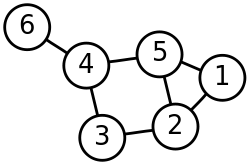
I’ve recently written about navigation, user journeys and content, and I haven’t really mentioned linked data all that much. That’s a shame. Because linked data is the super-structure over which content is stretched and experiences flow. Linked data can power the online journeys of the future. It can switch our taxonomic thinking into ontological thinking.…
-
Unexplored trajectories in experience design
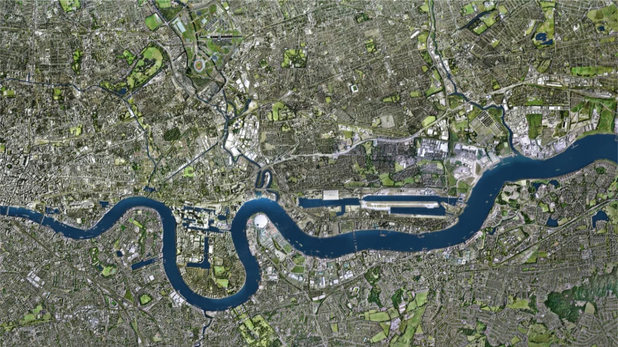
Experiences provoke responses as you move through them. They’re interactive and the level and type of interaction fluctuates. Designing experiences asks us to think about this ebb and flow, consider the categories of interaction and engineer an experience that will channel and shape the user response. We afford experiences. But users create them. Forrest Gump…
-
You don’t get anything for free

We’re doing more and more with content these days. There was a time when you wrote a page for the web and that was that. Hyperlinking created the webbyness of the net. But basically, a page was on the web, with a URL to locate it, and that was that. Since search engines came along…
